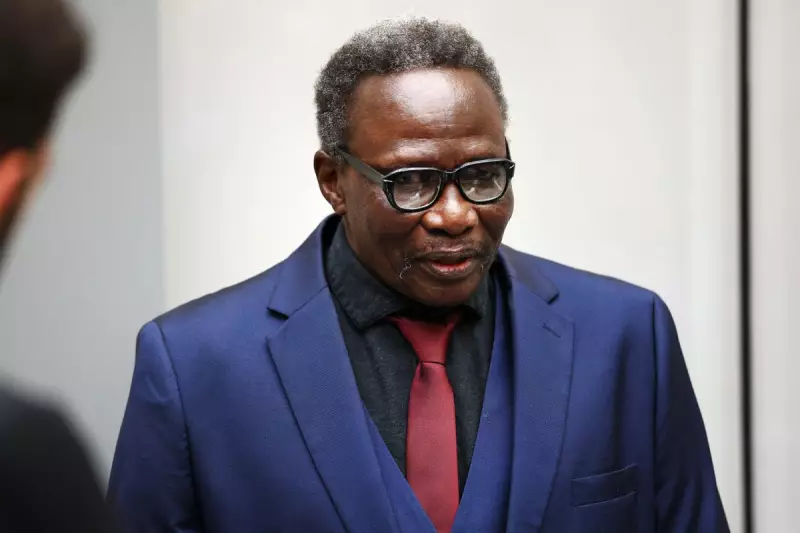
Prosecutors at the International Criminal Court (ICC) have demanded a life sentence for the leader of the notorious Janjaweed militia, convicted of orchestrating a campaign of atrocities in the Sudanese region of Darfur more than two decades ago.
Ali Muhammad Ali Abd-Al-Rahman, widely known as Ali Kushayb, was found guilty last month of 27 counts of war crimes and crimes against humanity for his central role in the violence that ravaged Darfur between 2003 and 2004.
The Prosecution's Case for a Life Term
During the sentencing hearing in The Hague on Monday, prosecutor Julian Nicholls did not mince words, telling the judges, "You literally have an axe murderer before you." The evidence presented detailed how Abd-Al-Rahman ordered mass executions and personally bludgeoned two prisoners to death with an axe.
Nicholls argued that the militia leader committed these crimes "knowingly, willfully, and with, the evidence shows, enthusiasm and vigor." This case marks a historic first, being the ICC's inaugural conviction for crimes committed in Darfur.
From Surrender to Conviction
Abd-Al-Rahman, who is now 76 years old, had pleaded innocent when his trial opened in April 2022. His defence contended that he was not the infamous figure known as Ali Kushayb. However, the judges dismissed this claim, citing a video from his surrender in 2020 where he identified himself using both his name and his nickname.
He surrendered to authorities in the Central African Republic, near the Sudanese border. In a stark contrast to the prosecution's demand, his defence team will present their arguments later this week, requesting a mere seven-year sentence. Given time already served, this would see him released within the next 18 months.
The Broader Conflict and Lasting Impact
The atrocities for which Abd-Al-Rahman was convicted occurred during a brutal government response to a rebellion. In 2003, rebels from Darfur's ethnic central and sub-Saharan African community launched an insurgency against the Arab-dominated government in Khartoum, citing oppression.
The regime of then-President Omar al-Bashir retaliated with a scorched-earth campaign. This involved aerial bombings and raids by the Janjaweed militias, who became infamous for their dawn attacks on villages, often carried out on horseback or camelback.
The human cost of the conflict was staggering. Up to 300,000 people were killed and 2.7 million were forcibly displaced from their homes in Darfur. While al-Bashir has also been charged by the ICC with genocide, he has not been extradited to face justice in The Hague, despite being ousted from power and detained.
This sentencing hearing unfolds against a backdrop of renewed violence in Sudan. Just last week, the UN's top human rights body held a special session to address hundreds of killings at a hospital in Darfur and other atrocities. These latest crimes are blamed on paramilitary forces currently fighting the army in a conflict that erupted in 2023.
The war between the military and the rival paramilitary Rapid Support Forces (RSF) has, according to the World Health Organization, killed at least 40,000 people and displaced a further 12 million, plunging the nation into a fresh humanitarian catastrophe.





